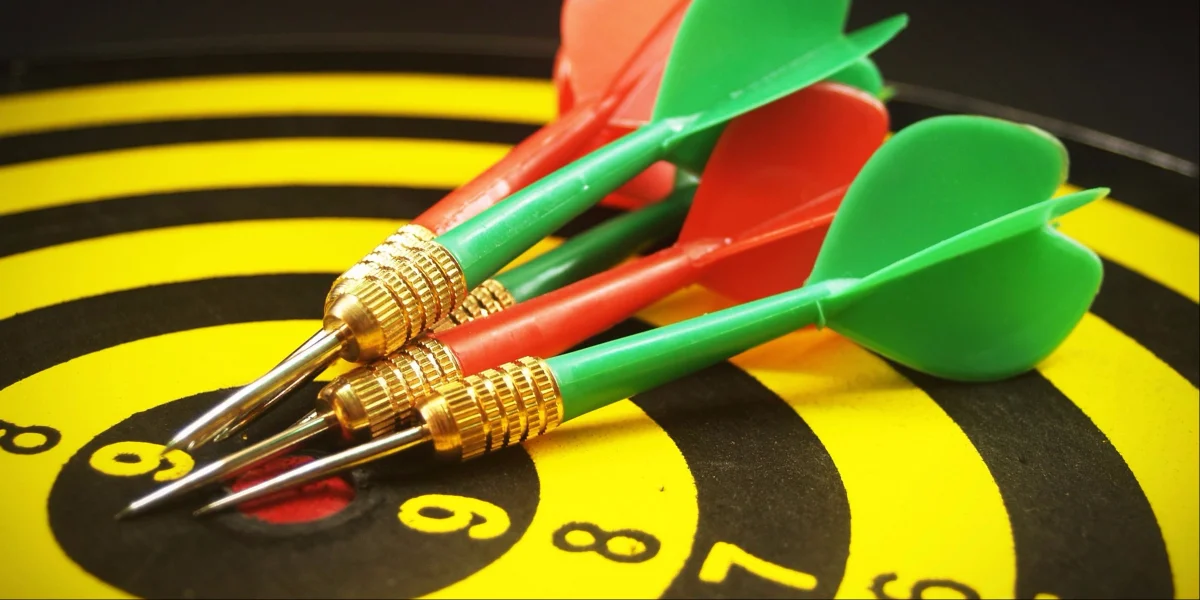I recently wrote a guest blog post for the Socedo blog on lead scoring. Lead Scoring is one of the most critical aspects of demand generation, ensuring that marketers focus on the most relevant prospects that are likely to buy our product or services. Many marketers are aware of the value of lead scoring but don't fully understand how they can take advantage of buying signals collected at in-person events.
Indeed, the majority of B2B marketers consider in-person events to be a demand generation goldmine. Yet, they take a lot of time and resources to pull together and proving ROI for in-person events is often a challenge.
What’s great about events is that they allow you to generate a ton of data–buying signals about your prospects. By using this data in your lead scoring model and integrating it into your marketing automation system, you can convert more customers and increase the ROI on your events. Below, we’ll show you how to leverage event data in your lead scoring model and some creative ways to use this data to personalize the attendee experience and post-event follow-up.
Why You Need a Lead Scoring Model
Marketing and sales teams can utilize lead and engagement scoring to develop highly personalized, targeted campaigns for prospects and event attendees.
Think about lead and engagement scoring as every action that a prospect takes on social media, your website, and in-person events. For example, when a lead follows your Twitter handle, shares your content on social media, or clicks, reads or downloads an asset on your website, their lead score increases. Similarly, when a lead visits your booth at an event, or attends your session, the data can be collected by Event Automation systems, like Certain, which also increases their lead score.
Marketing and sales teams can then take that data and begin nurture campaigns based on a prospect’s lead and engagement score and position in their journey.
While there are many data points you could use to inform your lead scoring model, like social media activities, website visits, email engagements and events, for now, we’ll focus on event data . . .
You can read the rest of my guest blog post here:

